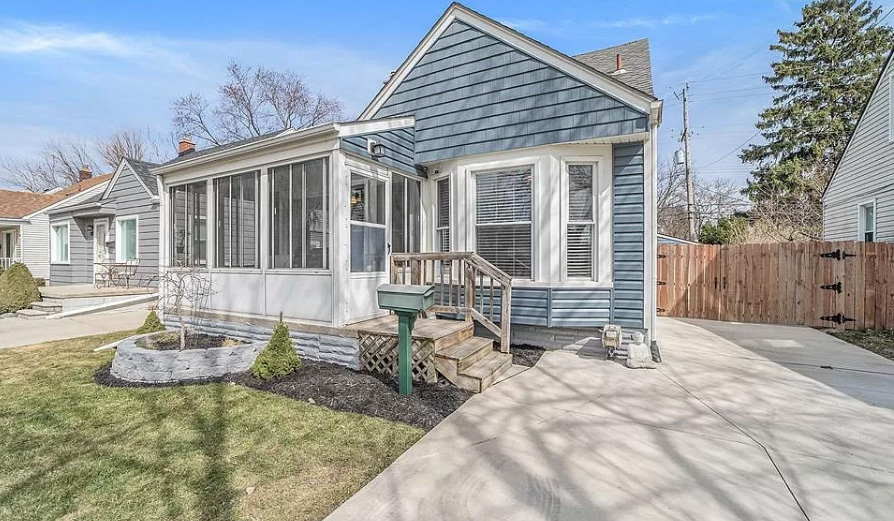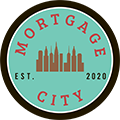
Many people tend to choose to go for a conventional loan when they purchase a home. Conventional loans are a kind of mortgage that are typically easily available from a majority of lenders. They follow guidelines from the government, despite not actually having any backing from any agency.
What is a Conventional Loan?
As previously mentioned, a conventional loan is a type of mortgage. Most of them generally conform to the limits for loans that are set by FHFA (Federal Housing Finance Agency). This includes setting down payment minimums and following the credit score from enterprises that are government-sponsored such as Freddie Mac and Fannie Mae.
What Are The Requirements For a Conventional Loan in 2021?
Borrowers who have at least some money alongside a rather solid credit score will be able to fulfill conventional requirements to qualify for a first-time home buyer loan. Since the government is unable to guarantee or insure conventional loans, the requirements are typically more difficult than mortgages backed by the government. This includes the U.S. Department of Agriculture’s USDA loans program, the Federal Housing Administration’s insured FHA loans, and the Department of Veterans Affairs’ partly guaranteed VA loans.
Conventional lenders have the liberty to enforce stricter requirements than those set by Freddie Mac, the FHA, and Fannie Mae. This means that applications for a conventional mortgage that occur after bankruptcy or foreclosure will lead to difficulty in being eligible.
What Are The Requirements in Terms of Credit Score For a Conventional Loan?
In order to be eligible for a conventional loan, at least 620 is the usual credit score needed. When a borrower’s credit score is upwards from 740, they will be able to have down payments that are much lower. They will also get rates for conventional loans that are quite attractive.
What Are The Requirements in Terms of Debt-to-Income For Conventional Mortgages?
A debt-to-income (DTI) ratio that’s less than 36% is what mortgage lenders usually want in terms of conventional loans. There are certain cases, however, where lenders could consider or accept a higher DTI. Essentially, a DTI stands for the full amount of any monthly debts you have existing, such as a car or rent payment, that’s divided by your monthly income pre-tax. In order to see exactly where you stand, your best bet is to find a debt-to-income calculator and make use of it.
What Are The Requirements in Terms of Down Payments For a Conventional Loan?
3% is the minimum required down payment for a mortgage that’s conventional. Borrowers that have lower credit scores or DTI ratios that are higher could possibly get asked to pay more. Loans for an investment property or a second home may also require a jumbo loan.
What is The Limit For a Conventional Loan?
There are two types of conventional mortgages: conforming and nonconforming. The FHFA sets loan limits for a conforming conventional loan at a maximum of $822,375 in areas that are high-cost, $548,250 in most U.S. counties, and more in cities such as Hawaii and California. When it comes to nonconforming conventional loans, including jumbo loans, lenders can set their own limits.
Conventional Loans Experts: Mortgage City
Conventional loans are readily available from most lenders, which makes them a popular choice. There are two types: conforming and non-conforming. For 2021, the requirements generally include a solid credit score and some money. Need proper assistance with conventional loans in Michigan? Mortgage City has you covered! We have one goal: to fulfill your financing goals and make you a happy homeowner. Contact us today at (248) 930-8709.






